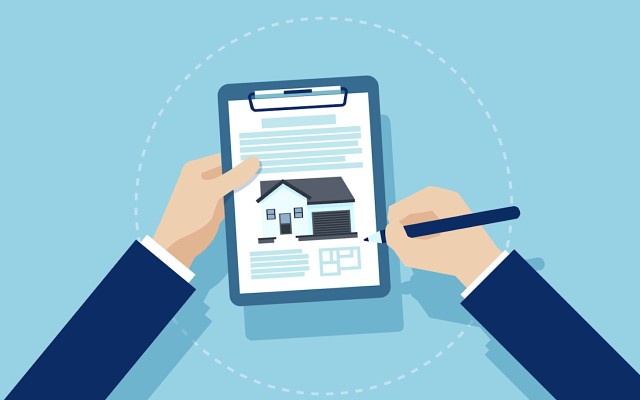
Introduction
Traditionally, the real estate industry has been complicated by a ton of paperwork that entails binding contacts by real estate experts.
Your clients and all other parties involved in the home-buying process can electronically sign documents thanks to eSignature technology. Buying a home can be made much more effective by digitally handling real estate agreements.
Let’s look at some advantages offered by eSignature solutions for the real estate industry.
Benefits of the real estate in adopting eSignatures
Ease of use
Those days when selling a house or other property required arduous procedures are long gone. Signing dozens of paper contracts, including purchase offers and sales agreements, is no longer necessary. Anyone buying or selling real estate benefits from saving time by allowing documents to be signed electronically, especially when the parties are far apart.
Brokers, agents, and their clients want to be sure that they are utilizing a secure system that does not disclose, seize control of, or sell their information to third parties. Real estate firms can electronically sign papers quickly, privately, and securely, making it simpler to buy or sell a house.
Enhanced security
Using an electronic signature in real estate ensures the security of data sent over the internet and the identification of trading parties. There is no risk of unauthorized parties accessing client information due to the security of eSignatures for real estate agents and eSignature for real estate firms. As opposed to conventional wet signatures, electronic signatures are more secure.
Signeasy offers a wide range of features that provide enhanced security. They have SOC 2 Type II compliance which offers robust data security. Signeasy will protect all your data with its AES 128-bit encryption and SSL 256-bit encryption.
Time-saving
Unlike traditional handwritten signatures, using an electronic signature saves time because it takes less time to sign a document. In the real estate sector, using an electronic signature has completely changed how long it takes to finalize a single sales document. An agreement between the agent and client is completed electronically with an electronic signature tool, eliminating the need for print.
You can save paying for document printing, shipping, and storage by using an electronic signature. You may do business more quickly and affordably when you use digital processes to replace manual workflows.
Better efficiency
Manually filling out and signing a document increases the risk of error. When completing an electronic form, all required fields must be filled out completely and accurately before it can be submitted. Compared to a traditional handwritten signature, electronic documents are much easier to edit without rewriting the entire document. With electronic signatures, paperwork becomes fast and more simplified. It also eliminates time-consuming duplicate and revision tasks associated with incomplete and incorrectly completed real estate documents.
The emphasis on virtual choices for transaction management has been one of the biggest developments for many real estate agents in the COVID-19 era. Since it makes the procedure more accessible and convenient for the rental agent, the property owner, the applicants, and the tenants, this improvement benefits everyone involved.
Here are some benefits of using eSignatures in real estate:
- Close deals faster
- Mobile friendly
- Audit trails and version control
- Centralized Document Management
- Automatic reminders and quick closures
Here are the kind of documents that can be signed using an eSign platform:
- Pre-approval letters
- Residential disclosure
- Offer to purchase
- Closing disclosures
- Sales contract
- Mortgage forms
- Leases
- The occupancy permit
- Rental agreements
- Name affidavits
The real estate sector gains incalculable advantages from electronic signatures, including quick sales closure, reduced in-person interactions, better paperwork management, and increased client satisfaction.












